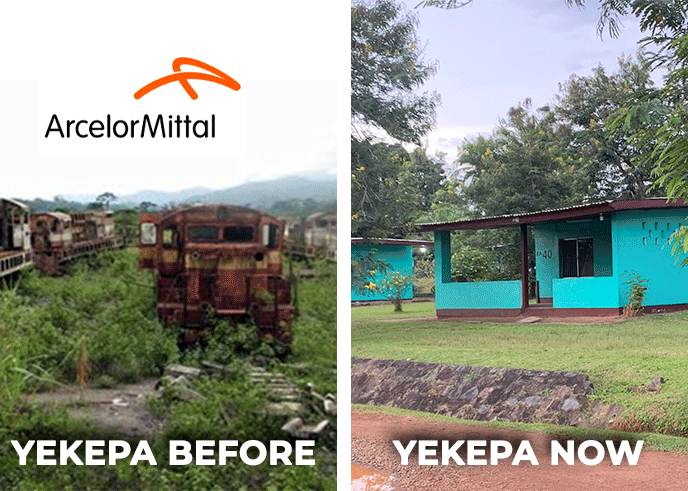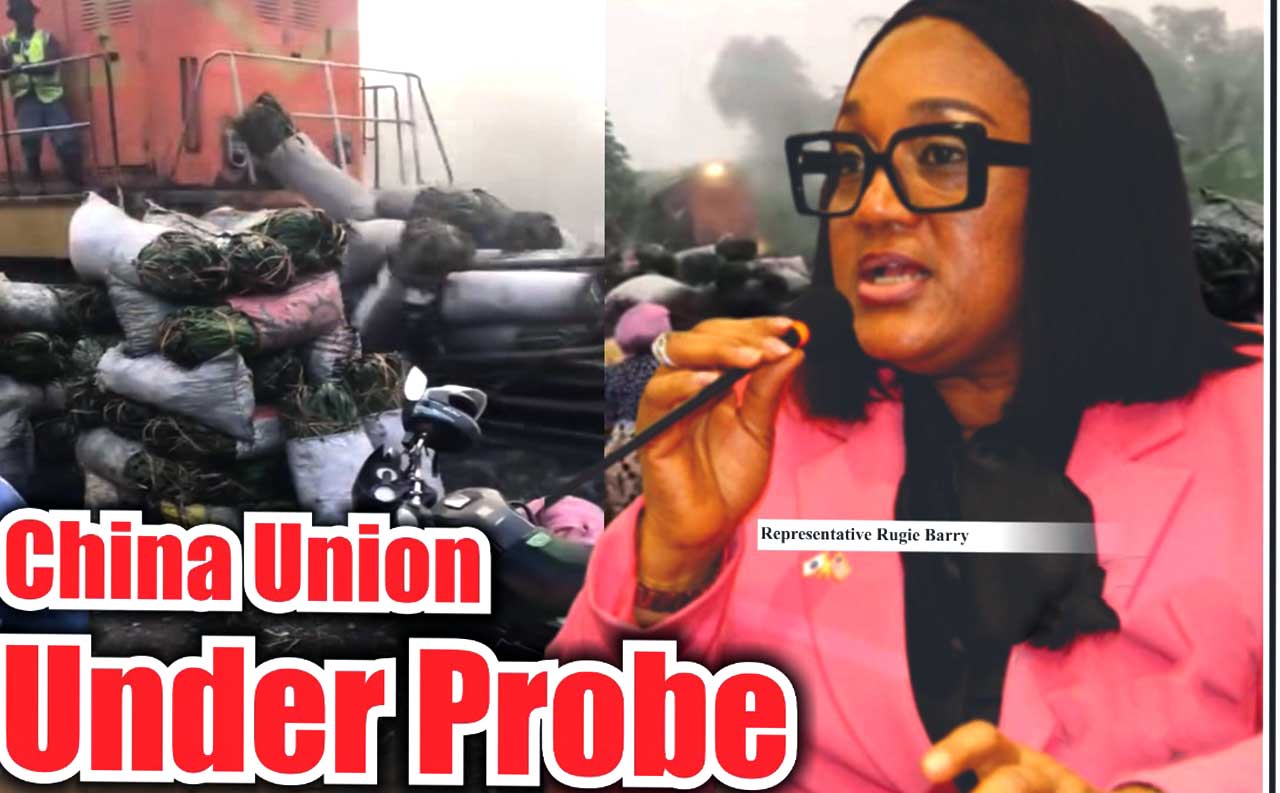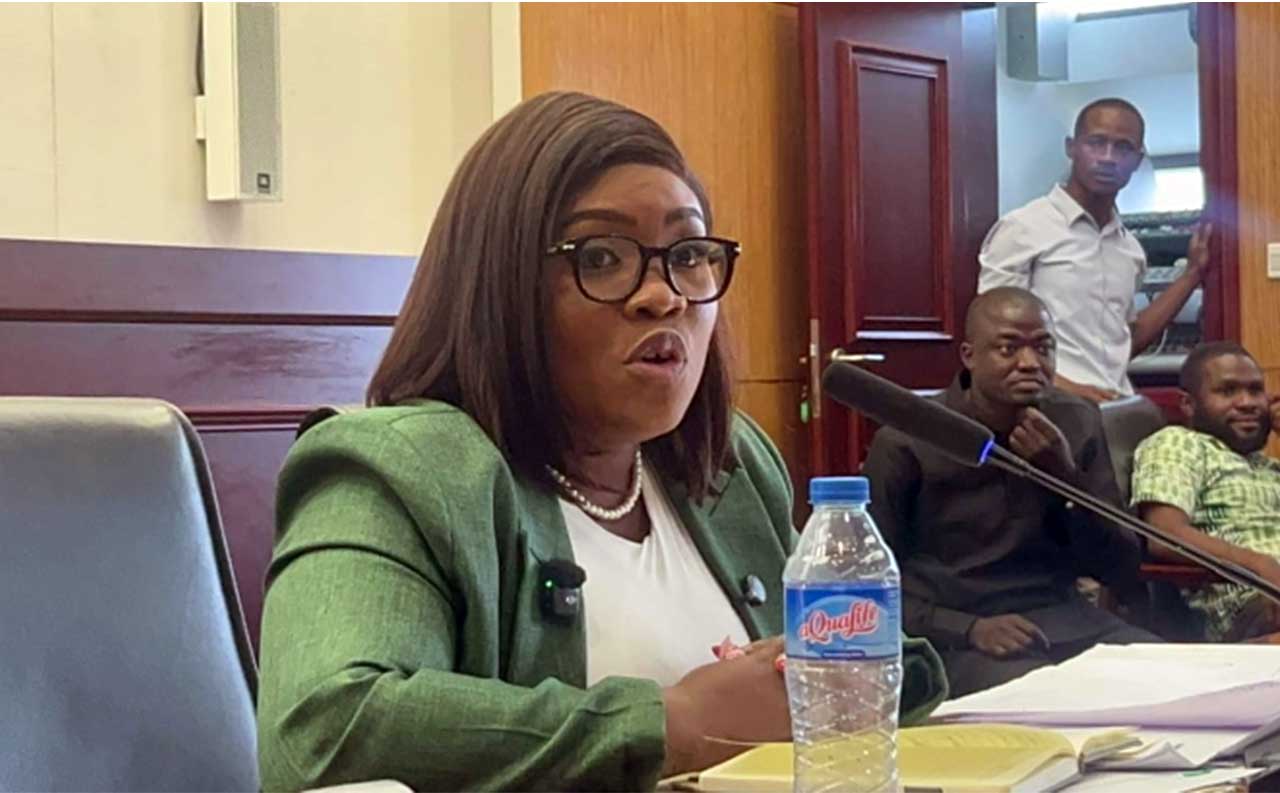In a recent interview at the Africa-US Business Summit, President Boakai expressed deep concerns about the legacy of defunct mining sites in Liberia. Once vibrant communities, these areas are now ghost towns, their prosperity erased by the exodus of mining companies. The President mentioned specific sites: Mano River, LMC in Tubmanburg, Bong Mines in Bong County, and Yekepa, highlighting a pattern of neglect once the mines closed. He emphasized that mining companies must pay their fair share for the resources they extract, ensuring communities benefit substantially from their operations.
President Boakai’s remarks were a general lament about the historic failures of mining operations to sustain local communities post-closure. His comments were not a specific indictment of ArcelorMittal or any current company. However, several media outlets, including the Liberian Observer, have twisted his words to target ArcelorMittal unfairly. They ran sensational headlines like “Boakai Angry with AML,” suggesting the President singled out ArcelorMittal, a narrative not supported by the interview’s context.
Misrepresentation in Media Coverage
The Liberian Observer’s article misquoted President Boakai, portraying his remarks as an attack on ArcelorMittal. The Observer quoted him saying, “These natural resources cannot be replenished. So, we have to ensure that the country benefits while it is still there. A company cannot just pay salaries and do small corporate social responsibility and that’s all to talk about when that company leaves us. Investment in Liberia now will benefit the company and the people together.” This selective quoting omitted the broader context of his statements, which highlighted historical issues rather than the current operations of ArcelorMittal.
ArcelorMittal has a robust record of contributions to Liberia’s development, particularly in Bong, Grand Bassa, and Nimba counties. Since 2005, the company has disbursed over $48 million to the government in County Social Development Fund (CSDF), which is intended to foster local development. This commitment began even before the company’s first iron ore export in 2011. Unfortunately, the impact of these funds has been diluted by the failure of the government to disburse the money to the affected counties, and mismanagement at various levels of government, not by any shortfall on ArcelorMittal’s part.
The Real Issue: Utilization of Development Funds
A responsible media outlet would have investigated how the CSDF funds, paid by companies like ArcelorMittal, are being utilized. Such an inquiry would reveal whether these funds are indeed reaching the intended communities and fostering genuine development. For instance, Senator Prince Johnson of Nimba County criticized former President George Weah’s administration for failing to disburse $7 million paid by ArcelorMittal to the people of Nimba. This frustration underscores a systemic issue in fund allocation, not in the contributions made by the company.
ArcelorMittal’s Positive Impact on Yekepa
ArcelorMittal’s efforts in Yekepa illustrate its commitment to community development. Before ArcelorMittal’s arrival, Yekepa was a devastated ghost town with no infrastructure. The company has since revitalized the town, renovating housing, restoring the hospital, and establishing fully functional elementary, junior, and senior high schools. These schools serve both the children of employees and those of the wider community, underscoring ArcelorMittal’s commitment to inclusive development.
Furthermore, ArcelorMittal has built a modern basketball court and runs a top-tier Technical Vocational Education and Training (TVET) program in Yekepa. The ArcelorMittal Training Academy, offering internationally recognized certifications in fields like electricity, welding, and mechanics, has seen all its graduates absorbed into the company’s workforce since its inception in 2018. This initiative not only provides quality education but also guarantees employment, significantly enhancing local livelihoods.
Addressing Housing Challenges
One persistent challenge has been housing. ArcelorMittal inherited housing units from LAMCO, many of which were occupied by squatters. Efforts to renovate these units have been stymied by the occupants’ refusal to vacate. Despite this, ArcelorMittal continues to provide monthly housing allowances to employees without company housing. In March 2022, the company issued another notice for squatters to vacate certain areas, but compliance remains low.
In response to the ongoing housing shortage, ArcelorMittal launched the Tokadeh Housing Project in 2023, aimed at constructing over 50 concrete housing units. This project will accommodate 1,040 staff and includes amenities like a canteen, gym, laundry building, recreation center, mini clinic, and essential civil infrastructure. This initiative underscores ArcelorMittal’s dedication to improving employee welfare despite the challenges posed by squatters.
Environmental and Community Programs
ArcelorMittal’s commitment extends beyond infrastructure. The company supports various environmental and community programs, including a biodiversity and conservation program and an agriculture sustainability program. These initiatives provide alternative livelihoods and contribute to the holistic development of the region. Local Liberian groups fully fund and manage these programs, ensuring that benefits are rooted in community needs and capabilities.
Conclusion
President Boakai’s comments about ghost towns were a call to address historical injustices and ensure that future mining operations contribute meaningfully to local development. It is clear that ArcelorMittal has been proactive in its approach, investing significantly in community development and infrastructure. The misrepresentation of the President’s remarks by the Liberian Observer is a disservice not only to ArcelorMittal but also to the communities that benefit from its operations.
The focus should shift to ensuring that the funds provided by companies like ArcelorMittal are effectively utilized for the intended purposes. This requires transparency and accountability at all levels of government. Only then can the true potential of these contributions be realized, transforming ghost towns into thriving communities once again.
By recognizing ArcelorMittal’s efforts and addressing the systemic issues in fund allocation, Liberia can pave the way for a more sustainable and inclusive future. It is crucial for the media, government, and companies to work together towards this goal, fostering an environment where development benefits both the people and the enterprises that invest in their communities.



